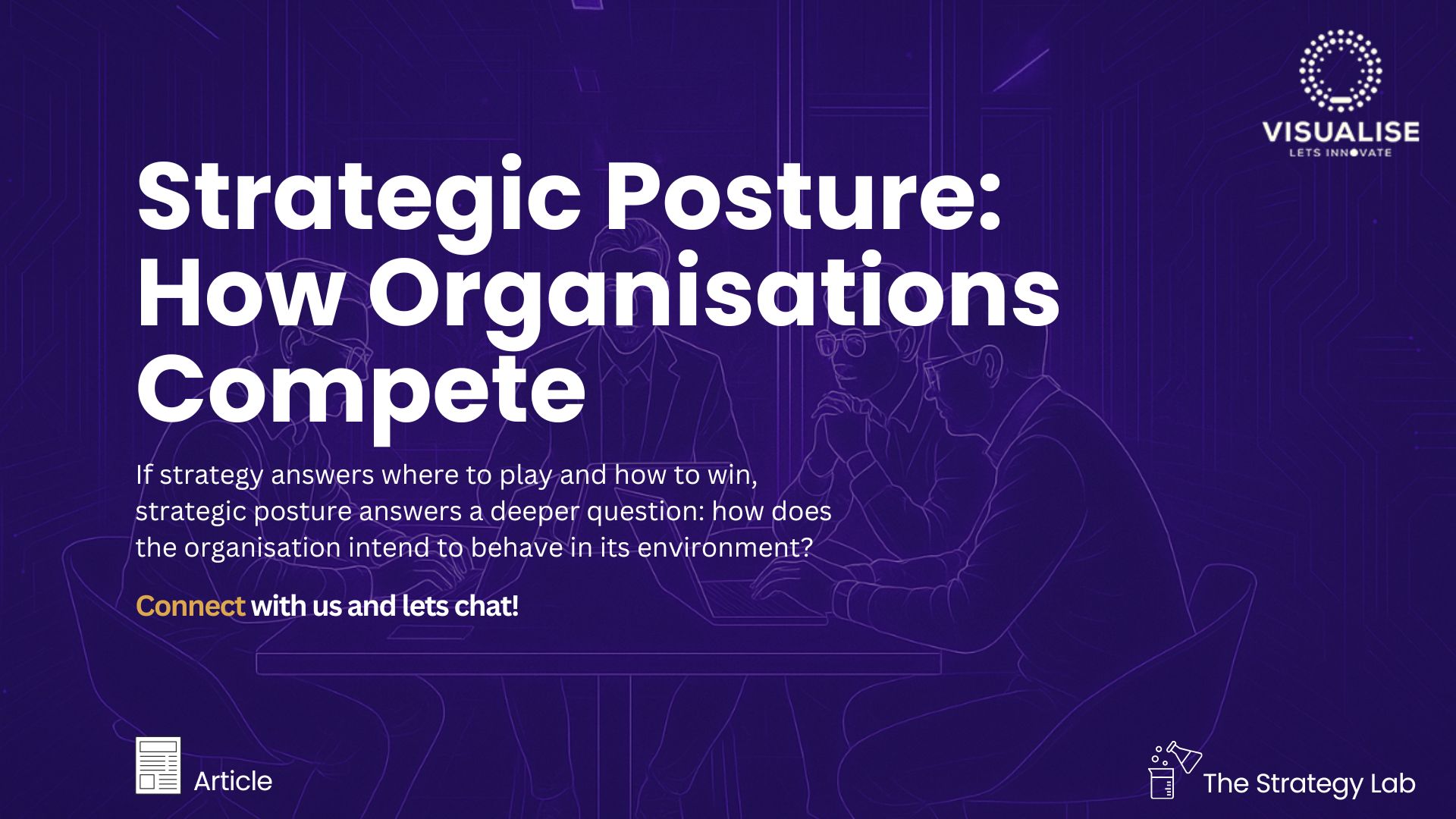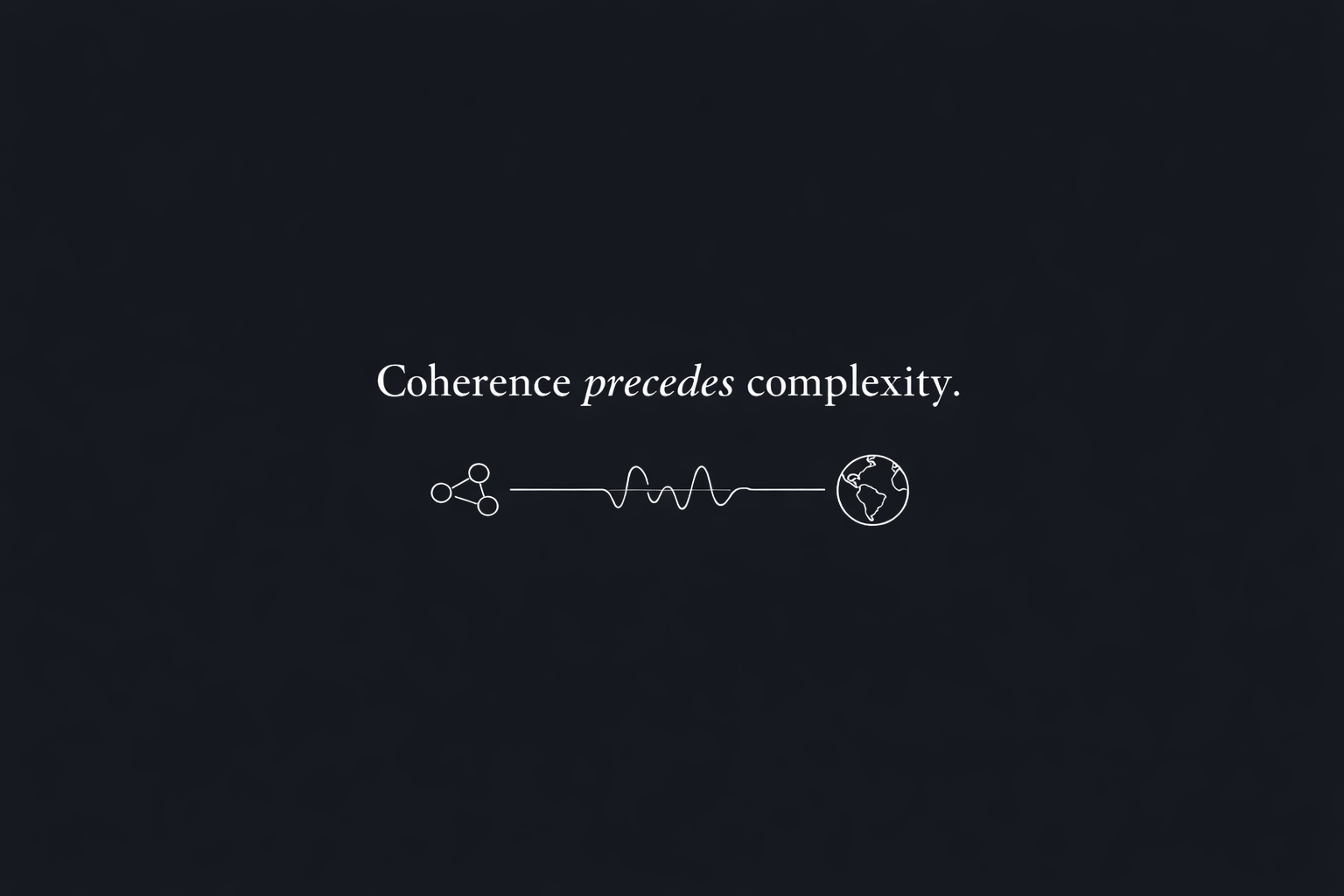Oct03

In the ever-evolving landscape of climate change, the significance of collaborative events like Climate Week cannot be overstated. Having recently discussed this with Jim Sullivan, Global Head of Product Management for Sustainability at SAP, I'm reminded of how these gatherings serve as pivotal platforms for driving meaningful action.
Why Climate Week Matters
Climate Week in New York has grown exponentially over the years, becoming more than just a series of meetings—it's a convergence of minds from various sectors. Business leaders, policymakers, NGOs, and innovators come together to share insights, strategies, and forge partnerships. This collective approach is vital because climate change is a multifaceted issue that no single entity can tackle alone.
For instance, during this year's Climate Week NYC, over 600 events and activities were held across the City of New York – in person, hybrid and online, involving participants from more than 150 countries. These events spurred commitments from corporations to reduce emissions and invest in renewable energy. Such widespread engagement underscores the event's role in accelerating global climate initiatives.
Key Insights from My Conversation with Jim Sullivan
In my recent podcast episode, Jim highlighted several critical areas where collaboration is making a difference:
The Power of Collective Action
Events like Climate Week provide the necessary platform for these discussions. They facilitate the sharing of best practices and the development of unified strategies. For example, the Paris Agreement in 2015 was a landmark achievement resulting from international collaboration, setting legally binding targets for countries to reduce greenhouse gas emissions.
Moreover, the Science Based Targets initiative (SBTi) is another product of collaborative efforts, enabling companies to set emissions reduction targets in line with climate science. As of 2023, over 2,000 companies have committed to SBTi, demonstrating how collective action can lead to significant commitments (check out also my podcast with the SBTi CEO Luiz Amaral).
Bridging the Gap Between Sectors
One of the strengths of Climate Week is its ability to bring together diverse stakeholders. Businesses can align their strategies with governmental policies, NGOs can highlight pressing issues that require attention, and tech companies can showcase innovations that aid sustainability.
For example, the collaboration between the automotive industry and tech firms has accelerated given birth to Catena-X, as well as propelled the development of electric vehicles. Government incentives and regulations have further propelled this shift, illustrating how cross-sector collaboration can drive substantial change.
Looking Ahead
The challenges posed by climate change are complex and interconnected. It's clear that we need a unified approach to address them effectively. By participating in events like Climate Week, stakeholders can pool resources, share knowledge, and coordinate actions on a global scale.
As Jim and I discussed, the integration of material and energy transitions is essential. We can't view these elements in isolation if we hope to make a real impact. By focusing on standardisation, leveraging technology, and fostering collaboration, we can make significant strides toward a sustainable future.
Call to Action
If you're interested in a deeper dive into these topics, I encourage you to listen to my full conversation with Jim Sullivan. We explore these insights and more, offering a comprehensive look at how collaborative efforts are shaping the future of sustainability.
Conclusion
In sum, events like Climate Week serve as catalysts for change. They remind us that while the challenge of climate change is immense, our collective effort can lead to impactful solutions. By continuing to engage, collaborate, and innovate, we can drive the strategies that will make a meaningful difference in the world.
Photo credit The Climate Group on Flickr
This post was originally posted on TomRaftery.com
By Tom Raftery
Keywords: Big Data, Climate Change, Sustainability
 Energy System Resilience: Lessons Europe Must Learn from Ukraine
Energy System Resilience: Lessons Europe Must Learn from Ukraine HR Is Designed to Maintain. Succession Planning Demands It Transform.
HR Is Designed to Maintain. Succession Planning Demands It Transform. AI and Embedded Connectivity: A New Era of Smart Devices
AI and Embedded Connectivity: A New Era of Smart Devices Strategic Posture: How Organisations Compete
Strategic Posture: How Organisations Compete Coherence Before Complexity
Coherence Before Complexity